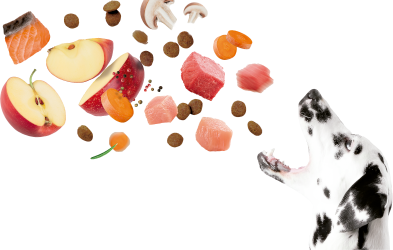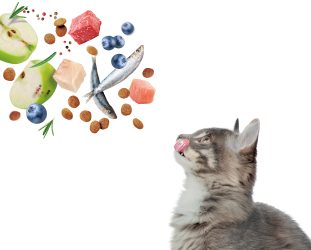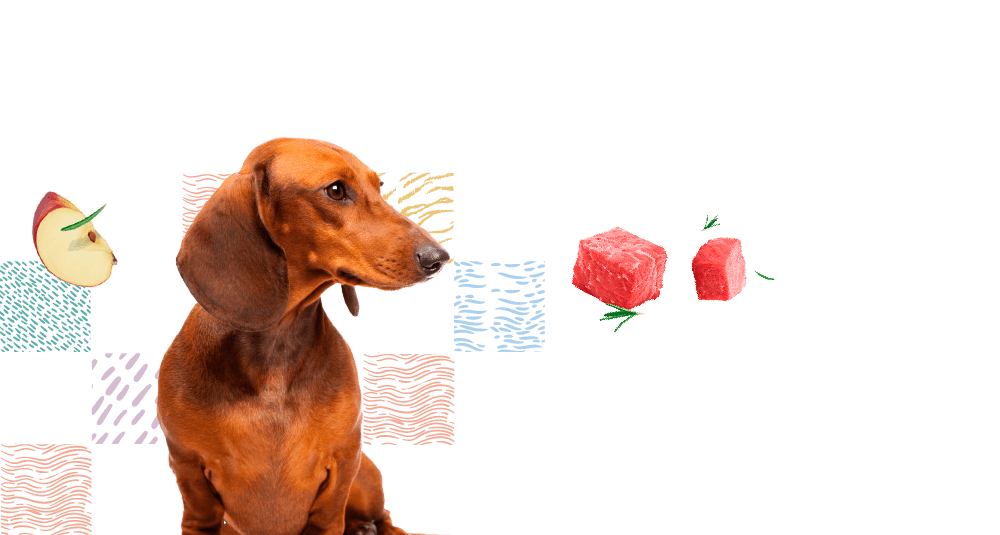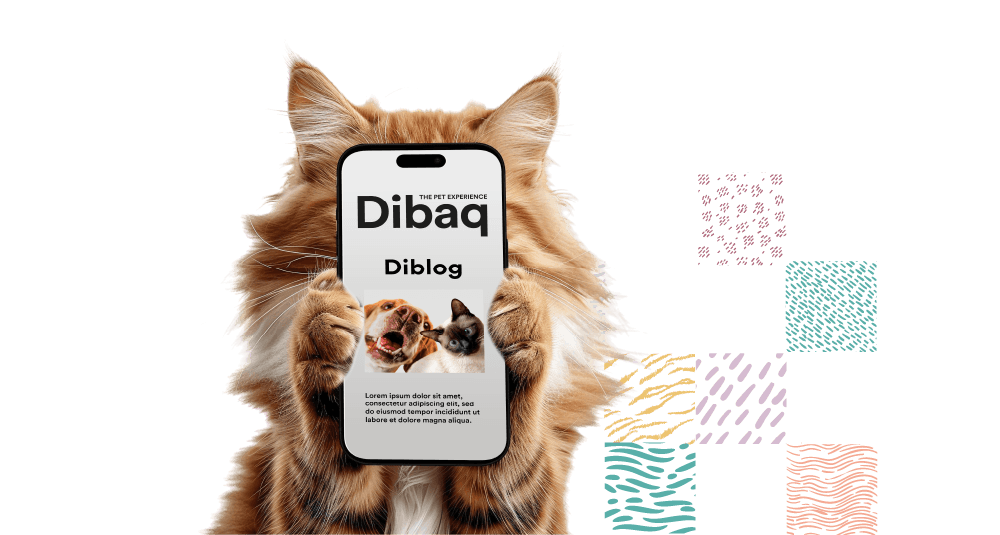Tips for autumn, how does it affect your pets?
Can you imagine the arrival of autumn as a huge gray cloud that settles over your head? Well, we know that the change to this season of the year costs us all, humans and animals, but it also brings with it new challenges and opportunities. So that you and your furry friends can survive this autumn with all the energy possible - the arrival of cold and rain, the drop in temperatures, the lack of light and the return to routine - we give you some tips and care to protect your pet from “the evils” of this time of year.
Extra washing and brushing
Shedding hair with the arrival of autumn is a normal condition in many mammals. That is why you should take special care with the fur of your dogs and cats since this will be a good ally against the cold, wind and low temperatures of the coming months. Furthermore, given this greater loss of hair than during the rest of the year, in the case of dogs, they will replace it with a thicker one that better withstands inclement weather. Brush your animal daily and keep its coat clean and dry.
Time to detect leishmaniasis
If your pet is a dog, it is recommended that when entering the fall you test it for leishmaniasis - which is transmitted especially in summer - since, with the hot weather, it will have been more exposed to the possibility of mosquitoes, ticks or fleas could have transmitted this dangerous disease. Take your dog to the vet to have the appropriate blood test done to rule out any contagion or be able to stop it in time if not.
Resume your physical activity
With the high summer temperatures you have surely reduced going out at certain times of the day and, in general, physical activity with your animal partner, especially if it is a dog. Now is the time to return to the routine, both schedules and walks and physical practices. Resume those daily outings to do sports - if there are several, the better - but do it progressively! Just like you, your furry companion will need to slowly get used to more extensive physical activity again.
Lowered defenses and colds
We could tell you to save your furry friend from sudden changes in temperature or from getting wet on a rainy day, but we know that that is very complicated. Hence the importance of being aware that animals can also catch colds, suffer from anemia, or, in the case of dogs, they can contract what is known as “kennel cough.” This is a respiratory disease that spreads through the air and spreads from dog to dog quickly, penetrating the respiratory tract easily. The best prevention against it will be vaccination; Otherwise, try to always keep your immune system strong to protect you from viruses and bacteria and, in general, try to protect you from the climatic adversities of autumn or winter.
Specific feeding for autumn
Temperature changes from summer to autumn can also cause your pet to undergo a certain change in behavior regarding its appetite. The cooler days, when your furry friend will surely feel more active, will increase his desire to eat, as well as his energy needs. So, you will just have to observe your partner and increase the dose corresponding to his current physical activity. You can also protect their immune system with specific foods that stimulate the defenses , for example, of your dog.
Bone-ache
Another problem that some of your pets may suffer with the arrival of cold and humidity is bone pain. During the fall, animals such as dogs may experience symptoms of osteoarthritis such as joint stiffness or pain, among others. If your canine friend is prone to this type of ailment, you should be even more careful to prevent him from remaining wet for long periods of time.
mood
Returning to routine can also affect the animals around you. After the summer period, in which they have surely spent more time with you, they may feel some anxiety when it comes to being alone at home again. To reduce this stress situation, you can leave a toy that he likes nearby and take him out for a walk and play with it as much as possible when you finish your work day. The autumn time change, in which we move the clocks forward one hour, can also affect your pet, who may feel disoriented or nervous if you do not make a progressive change in their habits, advancing their routines by 10 or 15 minutes each day.
And remember, not all animals will be affected in the same way by the arrival of autumn, so apply common sense and, above all, a lot of love with your furry ones.
Share this content















